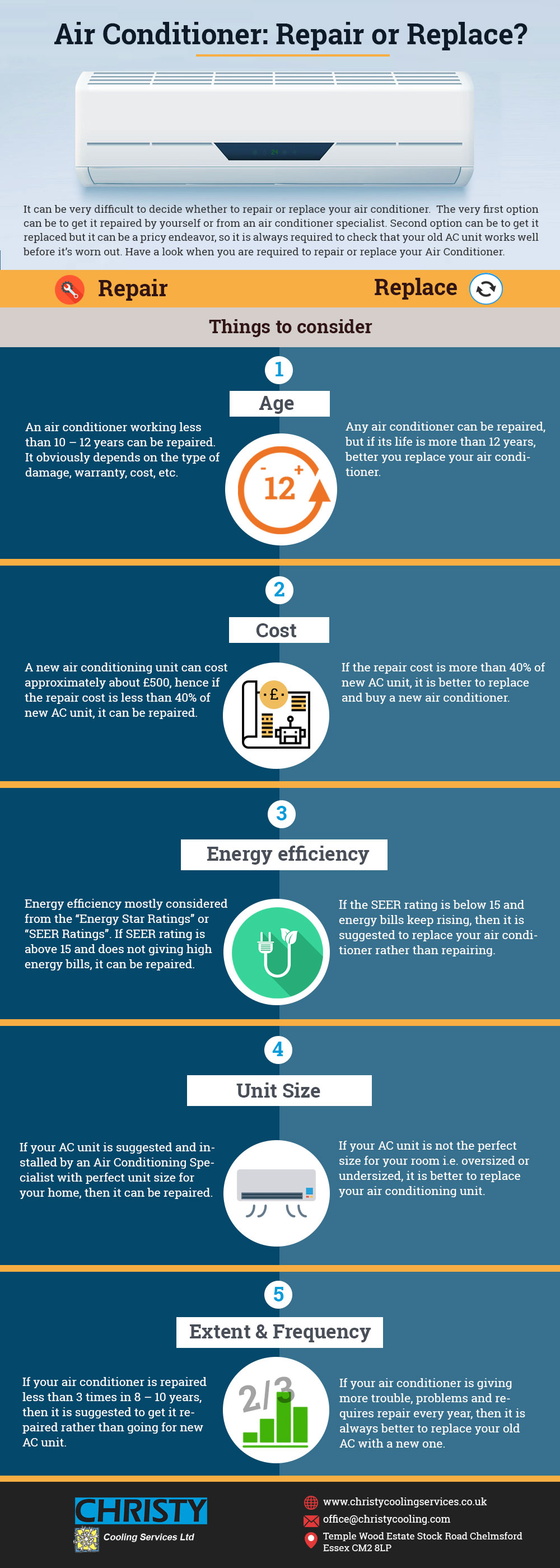The Future Of Home Home Heating - Exactly How Heat Pump Modern Technology Is Developing
The Future Of Home Home Heating - Exactly How Heat Pump Modern Technology Is Developing
Blog Article
Material Writer-Skaaning Byrne
Heat pumps will certainly be an essential innovation for decarbonising heating. In a circumstance regular with federal governments' introduced energy and environment commitments, their worldwide ability doubles by 2030, while their share in home heating rises to one-quarter.
They function best in well-insulated homes and rely on power, which can be provided from a sustainable power grid. Technological innovations are making them extra reliable, smarter and less expensive.
Fuel Cells
Heatpump utilize a compressor, refrigerant, coils and followers to relocate the air and warmth in homes and home appliances. They can be powered by solar power or electricity from the grid. They have been obtaining popularity because of their affordable, silent operation and the capacity to create electrical energy throughout peak power demand.
Some business, like IdaTech and BG MicroGen, are working on gas cells for home heating. These microgenerators can replace a gas central heating boiler and produce a few of a residence's electric needs with a connection to the electrical energy grid for the remainder.
Yet there are reasons to be doubtful of using hydrogen for home heating, Rosenow claims. It would certainly be expensive and ineffective contrasted to other technologies, and it would add to carbon exhausts.
Smart and Connected Technologies
Smart home modern technology enables property owners to link and regulate their gadgets remotely with making use of smart device applications. For instance, smart thermostats can discover your home heating choices and automatically get used to maximize power intake. Smart lighting systems can be managed with voice commands and immediately shut off lights when you leave the space, lowering energy waste. And clever plugs can keep an eye on and handle your electric use, allowing you to recognize and restrict energy-hungry home appliances.
The tech-savvy family illustrated in Carina's meeting is an excellent illustration of exactly how residents reconfigure area heating techniques in the light of new smart home innovations. They depend on the tools' automatic attributes to accomplish everyday changes and concern them as a convenient methods of performing their home heating practices. Thus, they see no reason to adapt their techniques even more in order to allow flexibility in their home energy demand, and treatments focusing on doing so may deal with resistance from these families.
https://www.contractingbusiness.com/resources/document/20868907/monthly-hvac-management-downloads-courtesy-of-the-service-roundtable
Considering that warming homes accounts for 13% people discharges, a button to cleaner alternatives might make a large distinction. Yet the modern technology deals with difficulties: It's pricey and calls for considerable home renovations. And air-conditioning installers 's not always compatible with renewable energy resources, such as solar and wind.
Up until recently, electric heat pumps were as well expensive to take on gas designs in many markets. Yet new advancements in layout and materials are making them extra cost effective. And please click the following web site is allowing them to function well even in subzero temperature levels.
The following action in decarbonising home heating might be the use of warmth networks, which draw warmth from a central source, such as a close-by river or sea inlet, and distribute it to a network of homes or structures. That would decrease carbon discharges and allow homes to make the most of renewable resource, such as environment-friendly electricity from a grid supplied by renewables. This choice would certainly be less costly than switching to hydrogen, a nonrenewable fuel source that needs new infrastructure and would only reduce CO2 emissions by 5 percent if coupled with boosted home insulation.
Renewable resource
As electrical power prices drop, we're starting to see the very same trend in home heating that has driven electric autos into the mainstream-- yet at an even faster rate. The solid climate case for electrifying homes has been pushed further by brand-new research.
Renewables account for a considerable share of modern-day warm consumption, but have actually been given minimal plan interest worldwide contrasted to various other end-use sectors-- and even less interest than power has. In part, this mirrors a mix of customer inertia, divided motivations and, in several nations, aids for nonrenewable fuel sources.
New technologies can make the shift less complicated. For example, heatpump can be made extra energy efficient by replacing old R-22 cooling agents with new ones that don't have the high GWPs of their precursors. https://cesarplezt.fare-blog.com/29431962/the-ultimate-overview-to-understanding-warm-pumps-how-do-they-function visualize area systems that draw heat from a close-by river or sea inlet, like a Norwegian arm. The cozy water can then be utilized for heating and cooling in an area.